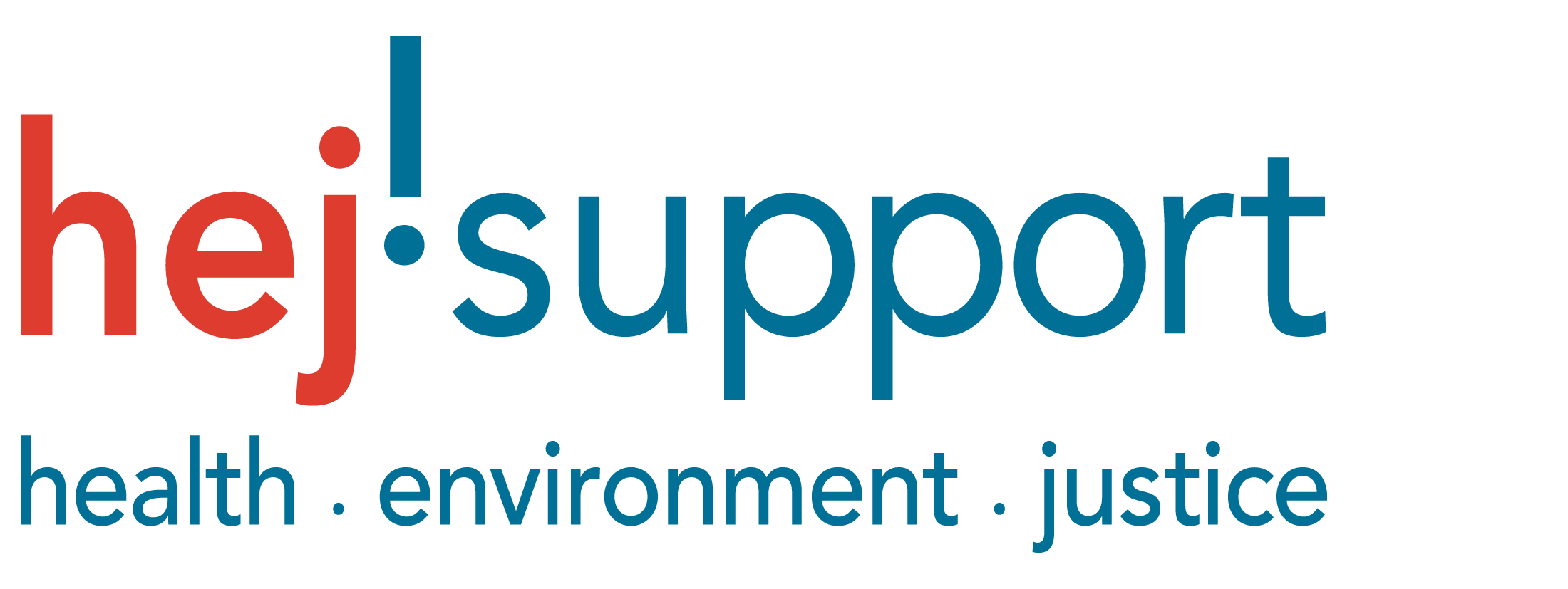The Beyond 2020 Framework should become an umbrella global strategy for all existing and future treaties on chemicals and waste, including legally binding and voluntary agreements.
International Chemicals and Waste Management
NGO Vision of the Beyond 2020 Framework
Chemical and waste pollution is one of the fundamental crises the world is facing now, including biodiversity loss, climate change and resource depletion. A robust new framework on chemicals and waste management will help address these crises and contribute to achieving healthy and just lives for the current and future generations. On this website, A Group of NGOs working on Issues of Concern presents its vision of the scope and key features of the future Beyond 2020 strategy on sound chemicals and waste management. This information resource includes NGO position papers, capacity-building materials, and news related to the Beyond 2020 Chemicals and Waste Framework policy process.
Our demands
Overaching framework
Sustainable Financing
The Beyond 2020 framework should ensure sustainable financing to support its implementation. In addition to the Integrated Approach to long-term funding of the Chemicals and Waste Agenda, it should incorporate novel approaches focusing on the polluter-pays principle in relation to cost-internalization.
Mandatory National Action Plans
The Beyond 2020 framework should request governments to mandatory develop and implement national action plans (NAPs) addressing the Strategic Objectives and targets of the framework. A report on progress made should be publicly available and provided to the International Conference on Chemicals Management.
Issues of Concern
The Beyond 2020 framework should step up the work with the existing SAICM Issues of Concern and suggested candidates, including through binding instruments.
Information transparency
The Beyond 2020 framework should request the industry to make data and information on the health and environmental effects of chemicals throughout their life cycle available to stakeholders. Information on chemicals relating to the health and safety of humans and the environment should not be regarded as confidential, fully implementing the right to know.
Stakeholder engagement
The role of civil society in SAICM has always been based on equal participation in all related activities, including the decision-making process. The Beyond 2020 framework should sustain this tradition and preserve the inclusive character of the new framework.
Gender and chemicals
The Beyond 2020 framework should include Women and Chemicals as a new issue of concern to facilitate mainstreaming gender into sound chemicals and waste management at the national and international levels.
Vulnerable populations
The Beyond 2020 framework should acknowledge that vulnerable populations unjustifiably suffer from toxic chemical exposure. It should ensure that vulnerable groups are protected from harmful chemicals, waste, and regrettable substitutions and are part of related decision-making processes.
Reflections from ICCM5
What SAICM and the new Global Framework on Chemicals mean for the work of NGOs
Latest Materials
Have a look at our publications to learn more
Input to High Level Declaration
A group of NGOs provided input to a Possible High-Level Declaration of the Fifth International Conference on Chemicals Management (ICCM5)

Visit our SAICM online courses
A new online course on SAICM Issues of Concern provides opportunities for civil society organizations and country representatives to discuss the remaining steps to renew SAICM as SAICM’s current mandate ends. The course is available in English and Russian.

Want to have a quick overview about the outcome of the Virtual Working Groups?
Watch this short film
The Global Minimum Transparency Standard
The Global Minimum Transparency Standard (GMTS) is a tool for companies to disclose hazardous chemicals in their products throughout the whole product lifecycle. It will help achieve equal access to information for all stakeholders, irrespective of country and within and outside the supply chains. It is a step toward stricter regulation or even a complete phase-out of hazardous chemicals leading to global human health and environmental safety.

Submission on the Science-Policy-Interface discussion
HEJSupport coordinated 11 NGOs in providing comments on the discussion on the Science-Policy Interface in the SAICM VWG on Governance and mechanism to support implementation.

Submissions to the VWGs
A group of NGOs, coordinated by HEJSupport, SSNC, and PAN International submitted comments to the compilation text of recommendations from the outcome of IP3. Comments were prepared at the request of cofacilitators of SAICM VWGs on governance and mechanisms to support implementation, on Issues of Concern, and on Objectives and Targets

NGO submission to the High Level Ministerial Declaration
A group of NGOs prepared comments to the first draft of the High Level Declaration (HLD). The Declaration is planned to be adopted at the fifth meeting of the International Conference on Chemicals Management in 2023.

What we do
Find more information about how civil society organizations contribute to sound chemical and waste management.



















